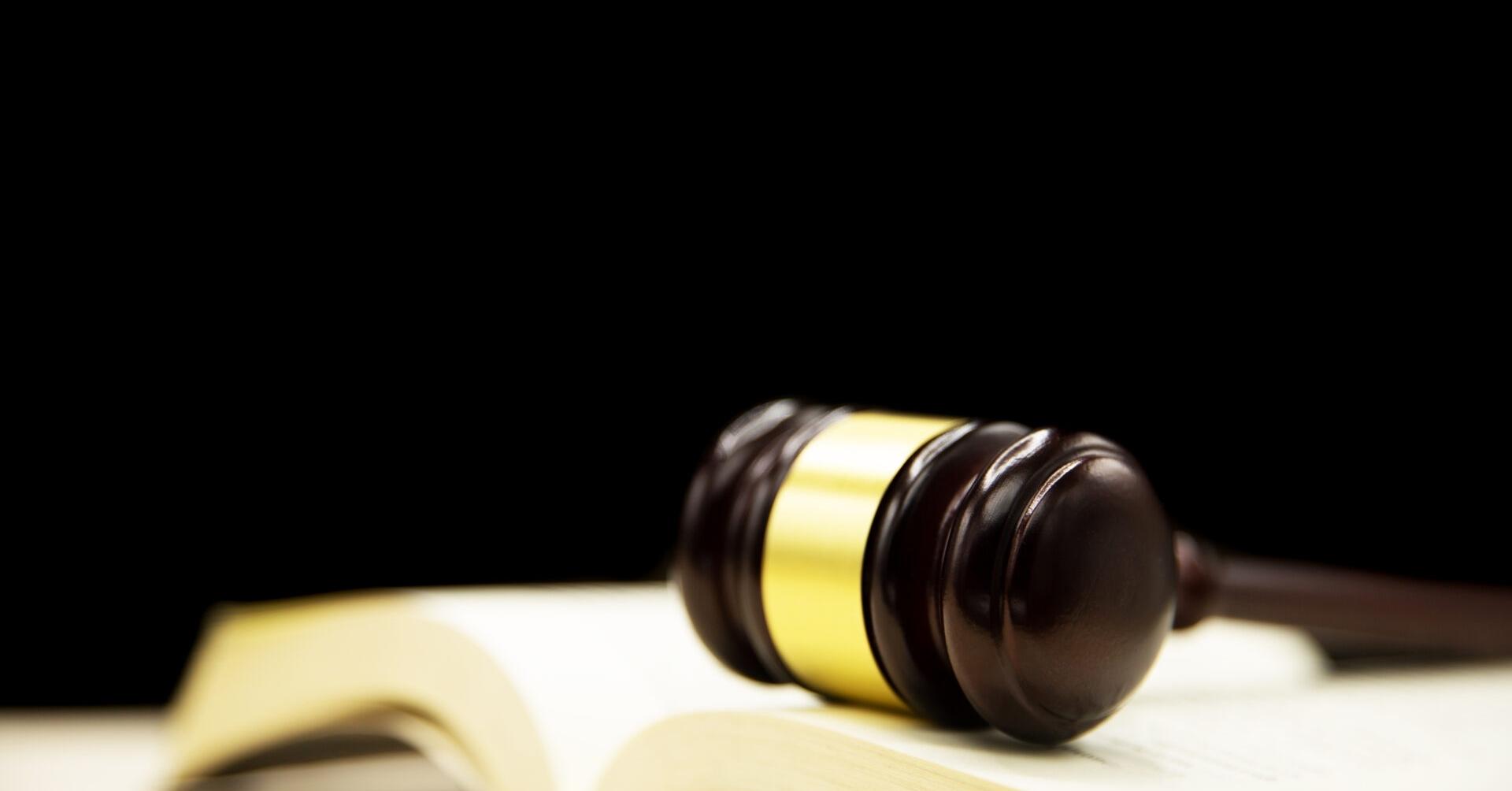Are you curious to know what is role of judiciary? You have come to the right place as I am going to tell you everything about role of judiciary in a very simple explanation. Without further discussion let’s begin to know what is role of judiciary?
What Is Role Of Judiciary?
The judiciary plays a pivotal role in any democratic society, serving as one of the three pillars of governance alongside the executive and legislative branches. Its primary function is to interpret the law, administer justice, and uphold the rule of law within a society. Let’s delve into the multifaceted role of the judiciary and its significance in ensuring a fair and just society.
Interpreting And Applying The Law
The judiciary is responsible for interpreting laws, including statutes, regulations, and constitutional provisions. Courts at various levels, including the Supreme Court, appellate courts, and lower courts, analyze legal disputes and provide interpretations that guide their application in specific cases.
Upholding The Constitution
One of the judiciary’s essential functions is to safeguard the constitution. It ensures that governmental actions and laws align with constitutional principles, protecting fundamental rights and liberties of citizens. Courts have the authority to strike down laws that contravene constitutional provisions.
Administering Justice
The judiciary serves as the forum for resolving disputes and delivering justice. Courts hear cases involving civil disputes, criminal offenses, administrative matters, and more. They evaluate evidence, apply legal principles, and deliver judgments or rulings based on the merits of each case.
Ensuring Checks And Balances
The judiciary acts as a check on the powers of the executive and legislative branches. Through judicial review, courts assess the constitutionality of laws and government actions, preventing abuses of power and maintaining a system of checks and balances.
Protecting Rights And Liberties
Courts play a crucial role in protecting individual rights and liberties. They ensure that every citizen is treated fairly and equally under the law, regardless of background, status, or beliefs. The judiciary adjudicates cases involving civil liberties, discrimination, privacy rights, and more.
Promoting Accountability And Fairness
The judiciary holds individuals and entities accountable for their actions. It provides a platform for individuals to seek redress for grievances and ensures that justice is served impartially, without favoritism or bias.
Safeguarding The Rule Of Law
Perhaps most importantly, the judiciary upholds the rule of law, ensuring that laws are applied uniformly and consistently. This principle establishes a framework where everyone, including government officials, is subject to the law, preventing arbitrary use of power.
Conclusion
The judiciary’s role in a democratic society is integral to maintaining the fabric of justice, protecting rights, and ensuring accountability. Its independence, impartiality, and commitment to upholding the rule of law are essential in fostering a society where individuals are treated fairly, disputes are resolved justly, and constitutional principles are upheld. As a vital pillar of governance, the judiciary stands as a beacon of justice, safeguarding the foundations of a democratic and equitable society.
FAQ
What Is The Role Of Judiciary Class 8?
Dispute Resolution: The judicial system provides a mechanism for solving disputes between citizens, and the government, between two state governments and between the centre and state governments.
What Is The Role Of The Judiciary Class 9?
The judiciary is that branch of the government that interprets the law, settles disputes and administers justice to all citizens. The judiciary is considered the watchdog of democracy, and also the guardian of the Constitution.
What Is The Role Of Judiciary In India Today?
India’s judiciary is independent of the legislature and the executive to safeguard the people’s interests. It also guarantees that any law is struck down that violates the Constitution.
What Is The Role Of Judge In India?
The judge hears all the witnesses and any other evidence presented by the prosecution and the defense. The judge decides whether the accused person is guilty or innocent on the basis of the evidence presented and in accordance with the law. If the accused is convicted, then the judge pronounces the sentence.
I Have Covered All The Following Queries And Topics In The Above Article
What Is The Role Of The Judiciary Class 8
What Is The Role Of Judiciary In India Class 9
What Is The Role Of Judiciary Class 10
What Is Role Of Judiciary Pdf
What Is Role Of Judiciary In India
What Is Role Of Judiciary Class 12
What Is Role Of Judiciary Class 11
What Is Judiciary
What Is Role Of Judiciary
